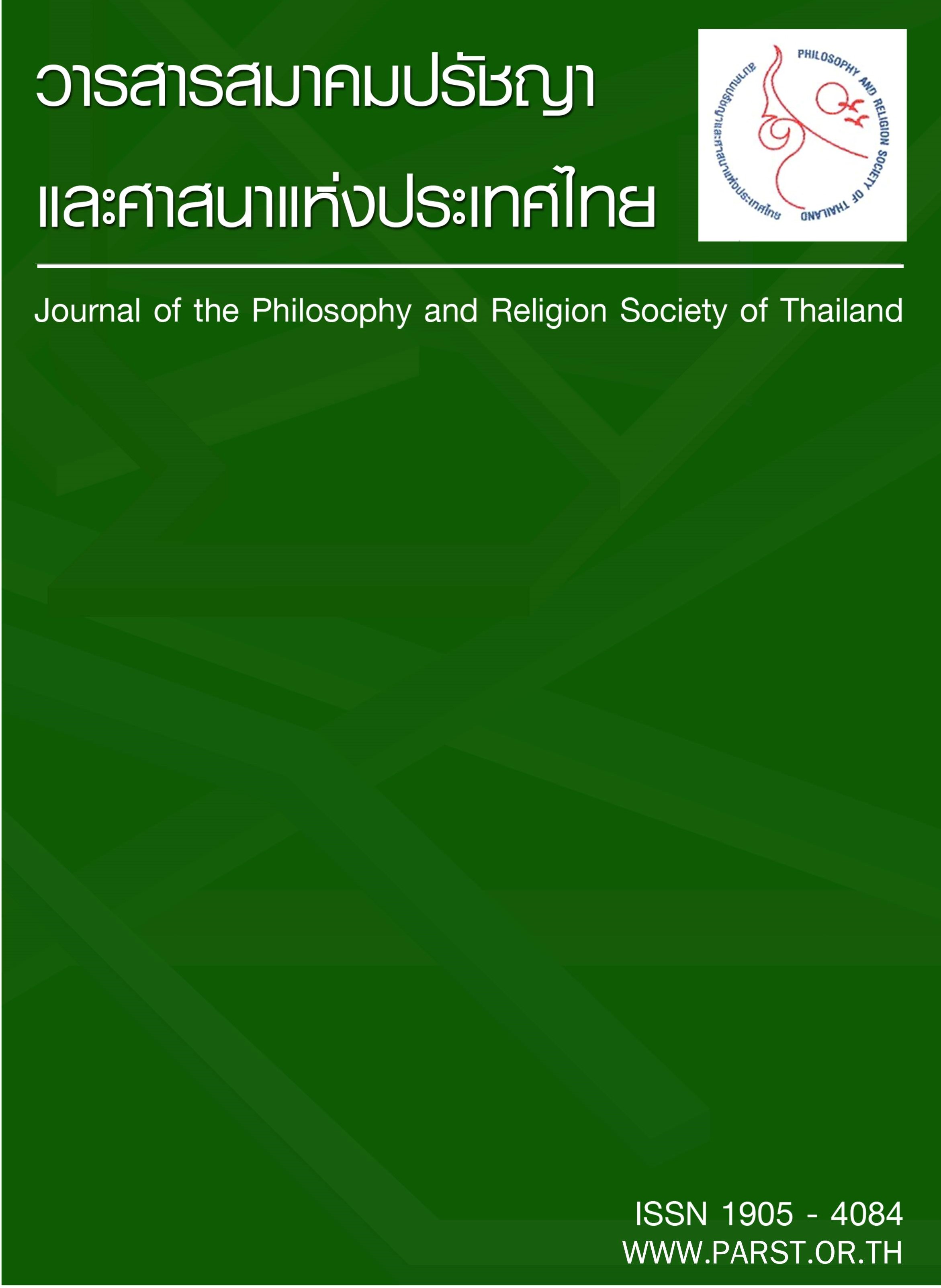The Purpose of the Language Buddhist linguistical reflections on void, relation and meaning
Main Article Content
Abstract
This article explores the role of language in Buddhism, particularly as presented in the Suttas of the Pāli canon with subsequent developments, and its connection to the development of modern linguistics in Europe. The analysis delves into various aspects of Buddhist and Indian thought on language, including the terms nirutti, adhivacana, and paññatti, and their potential influence on European linguistic theory, as exemplified by Saussure’s work. The article also investigates the parallels between Buddhist and Neo-Parmenidean philosophies in relation to language and ontology, highlighting their shared emphasis on unity, relation, and the interconnectedness of entities. Ultimately, the study underscores the importance of understanding the centrality of language in Buddhism and its potential impact on the development of linguistic theories in the West.
Article Details

This work is licensed under a Creative Commons Attribution-NonCommercial 4.0 International License.
Articles published in the journal are licensed under the CC Attribution-NonCommercial 4.0 format. Articles can be freely reused or republished provided that they are reused or republished or republished for non-commercial purposes, and that proper credit must be given to the author and the journal.


